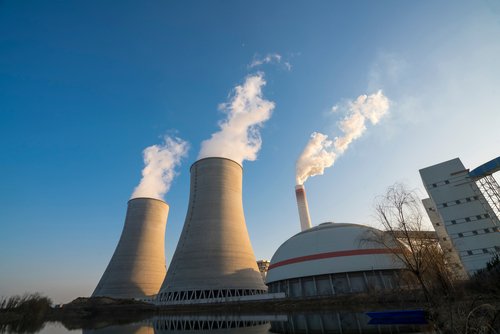Belgium, (Brussels Morning Newspaper) Chancellor Olaf Scholz has announced plans to wean Germany off its dependence on Russian energy and to reshape its future energy mix, having pledged earlier at an extraordinary session of the lower house of parliament on Sunday that “we will change course to overcome our import dependence“, France24 reports.
Germany has relied on Russia to cover most of its energy needs over the past 20 years or so. More recently, it has depended on imports from Russia to cover more than 50% of its natural gas needs.
On Tuesday, Christian Lindner, Germany’s Minister of Finance, cautioned that while Western sanctions against Russia had largely steered clear of energy supplies, there was a real need to prepare for a scenario where Russia “stops gas deliveries.”
The following day, the German Government announced plans to spend 1.5 billion euro on liquefied natural gas (LNG) imports from producers in the US and Qatar by way of substituting Russian supplies.
However, Germany lacks the infrastructure required to import LNG since it has not built LNG tanker terminals along its coast. This means that it will have to import through one of 21 terminals in other EU member states.
The Economy Ministry pointed out that “Germany must build its own LNG terminals with the necessary connections and infrastructure” and that some stalled project could be revived in doing so.
Construction takes years
Karen Pittel, an energy expert at the Ifo Institute for Economic Research, has pointed out that construction of LNG terminals can take some two years while “the approval process takes minimum three years.” In light of this, the government’s pledge to turn away from fossil fuels and nuclear energy leaves Germany with little room to manoeuvre.
The Minister for Economic Affairs and Climate Action, Robert Habeck, recently pointed out that there can be “no more taboos” and that “in the short term, we may need to hold coal power plants in reserve out of caution.”
Habeck, who is also Germany’s Vice Chancellor and is a member of the Greens, added that the Government did not rule out the possibility of delaying the closure of the last nuclear power plants in the country, of which three remain operational.
The RWE energy company, meanwhile, which operates the plants, declared that there are “extremely high hurdles, on a technical and administrative level” standing in the way of any extension of the operation of the country’s nuclear power plants.




